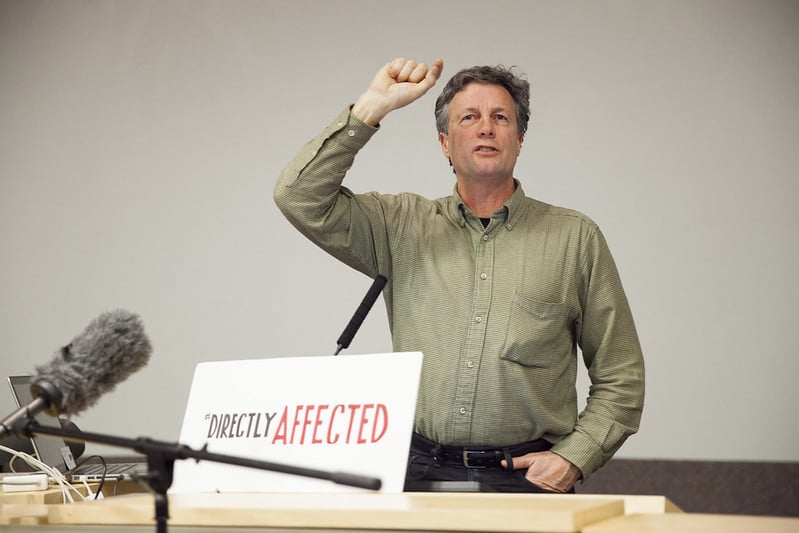On May 27, Earth.Org had a conversation with Dr Mark Jaccard, Professor of Sustainable Energy at the School of Resource and Environmental Management at Vancouver’s Simon Fraser University about his book, The Citizen’s Guide to Climate Success, published in January 2020.
—
Dr Jaccard spoke with Earth.Org about several topics, including:
- The effectiveness of changing individual behaviour to combat climate change, and becoming what Jaccard calls a “climate concerned citizen”
- His opinions on various low-carbon technologies, like nuclear energy or carbon capture, as well as more controversial technologies, like geoengineering
- His views on what will happen at COP26
- How the US will leverage its newly-assertive stance on climate action and how this will pressure more ambitious climate policies from other countries
Dr. Jaccard’s proposed roadmap for policymakers hinges on solutions that are simple to implement but verifiably effective. Initiatives such as carbon pricing, stronger government regulations, efficiency standards and carbon border adjustment taxes all have a role to play in achieving climate success. He also discusses the importance of focusing the vast majority of policy on the decarbonisation of certain high-emission sectors, specifically electricity generation and transportation.
In an email exchange with Dr Mark Jaccard, he noted that: “The key takeaway of the book is that the problem is not nearly as complex as all of the rigid thinking and agenda hitching would have us believe. We need to fuel-switch away from burning coal to make electricity and from burning gasoline to move around. These are key and people can do this now.” His book illustrates why this transition is possible, why it is possible now and what we, as citizens, can do to help achieve it.
You can check out the full length video of Earth.Org ‘s conversation with Dr Mark Jaccard below:
Featured image by: Flickr
You might also like: Book Review: The Citizen’s Guide to Climate Success by Mark Jaccard













